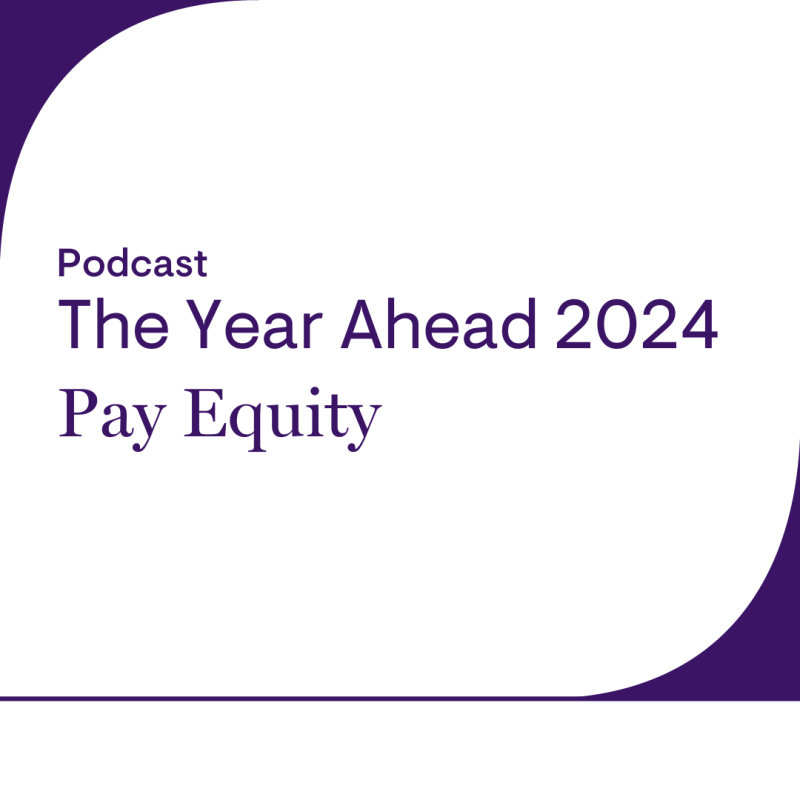
The Year Ahead 2024: Pay Equity
The biggest legislative movement in pay equity will continue to be transparency — especially at state and local levels. Jackson Lewis Pay Equity resource group co-leads Joy Chin and Drew Maunz pull together the expanding patchwork of pay equity state law trends to help employers get a better sense of the emerging standards sure to affect operations and compensation approaches.








